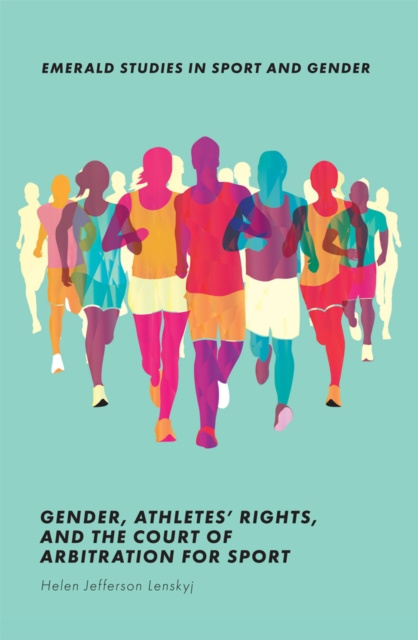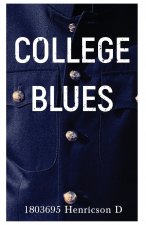
Doručení
Nákupní rádce





Nehodí se? Vůbec nevadí! U nás můžete do 30 dní vrátit
 Dárkový poukaz
V libovolné hodnotě
Dárkový poukaz
V libovolné hodnotě
S dárkovým poukazem nešlápnete vedle. Obdarovaný si za dárkový poukaz může vybrat cokoliv z naší nabídky.
Gender, Athletes' Rights, and the Court of Arbitration for Sport
 Angličtina
Angličtina
 115 b
115 b
Mohlo by vás také zajímat


Disputes over gender, doping, and eligibility in Olympic sport are widely covered in sport studies and in the mainstream media. Less well known are the functions of the Court of Arbitration for Sport (CAS), and the threat it poses to athletes' rights by depriving them of access to their own countries' court systems. CAS loosely follows the model of international arbitration tribunals. As in forced arbitration outside of sport, employees - in this case, high performance athletes - sign contracts agreeing to arbitration rather than litigation as the sole means of dispute resolution. Promoting the concept of sport exceptionalism, the International Olympic Committee (IOC) justifies the power it exercises through CAS by claiming that sport must be autonomous and self-regulating, with disputes settled by specialist arbitrators. Arguments in support of this position point to lex sportiva (global sports law) as a valid legal principle in sport-related disputes, which, it is claimed, cannot be understood or resolved by non-specialists. Self-regulation works effectively to protect the Olympic industry brand by keeping disputes 'in the family'.This critical analysis of CAS's history and functions demonstrates how athletes' rights are threatened by the forced arbitration process at CAS. In particular, CAS decisions involving female and gender-variant athletes, and racialized men and women, reflect numerous injustices. As well as the chronic problem of CAS's lack of independence, other issues examined here include confidentiality, lex sportiva, non-precedential awards, the closed list of specialist arbitrators, and, in doping cases, questions concerning strict liability and burden of proof.
Informace o knize
 Angličtina
Angličtina




 Jak nakupovat
Jak nakupovat



























